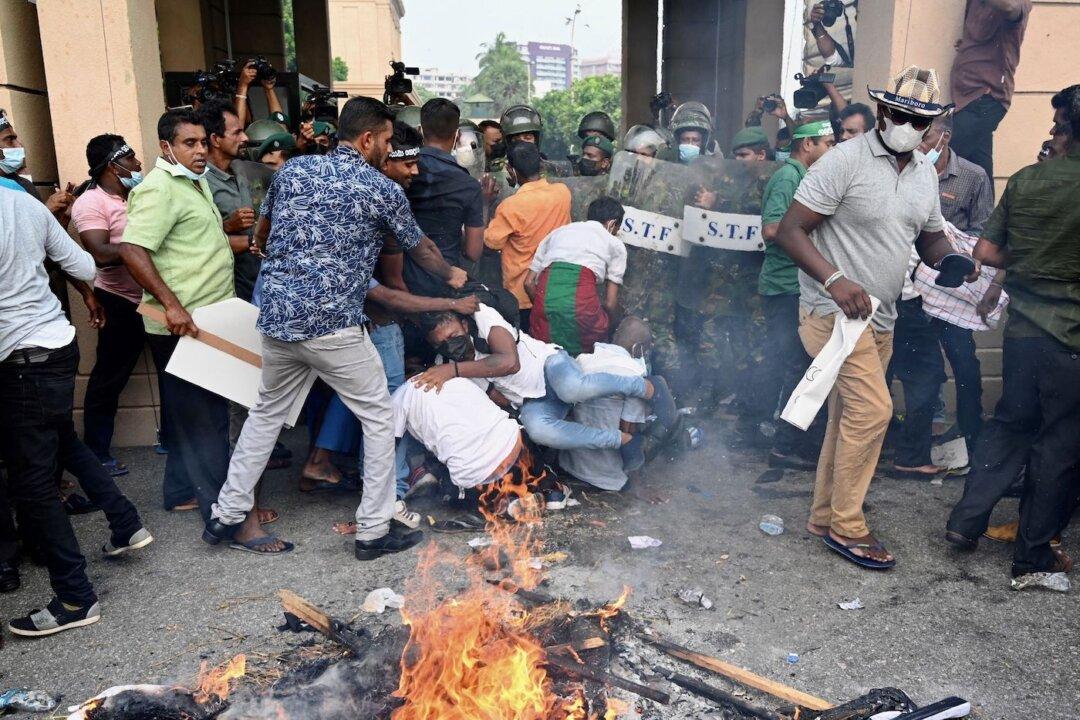Sri Lankan President Gotabaya Rajapaksa has revoked a state of emergency, just days after enforcing it to quell protests over the country’s political and economic turmoil.
Rajapaksa stated in a gazette carried by Sri Lankan media agency News First that he revoked the emergency rule ordinance that took effect on April 1, which was imposed following a violent protest outside his private residence on March 31.





